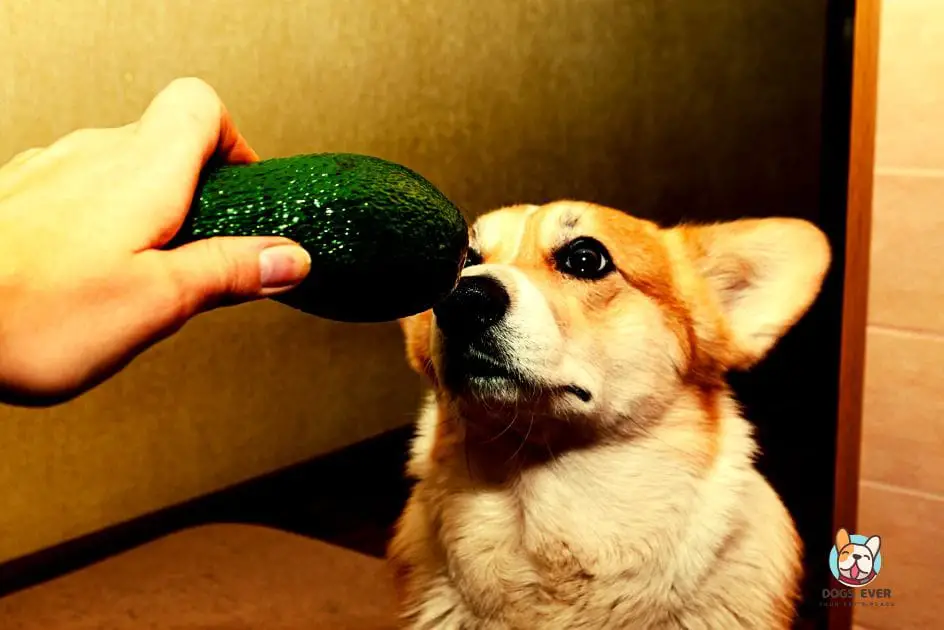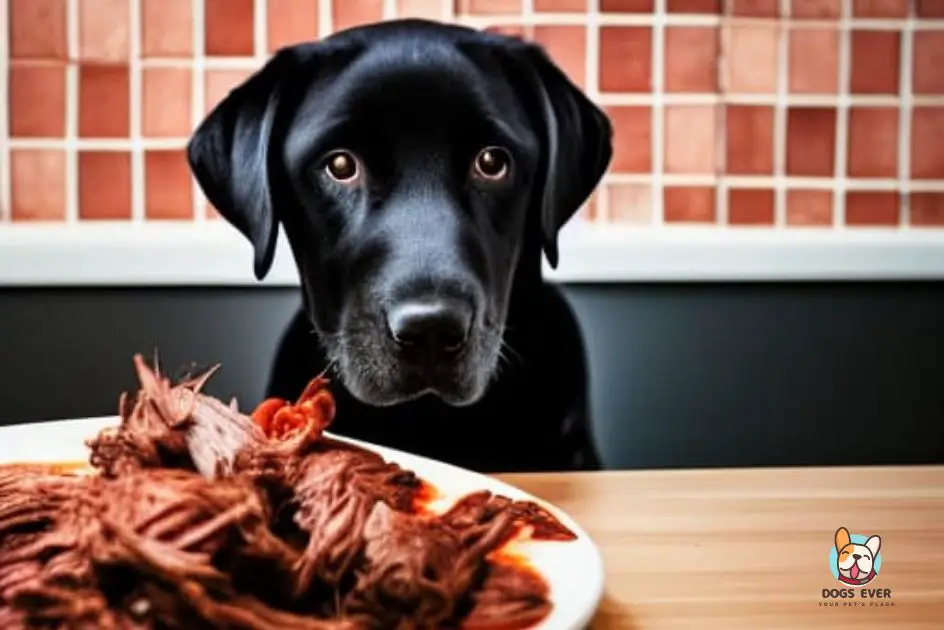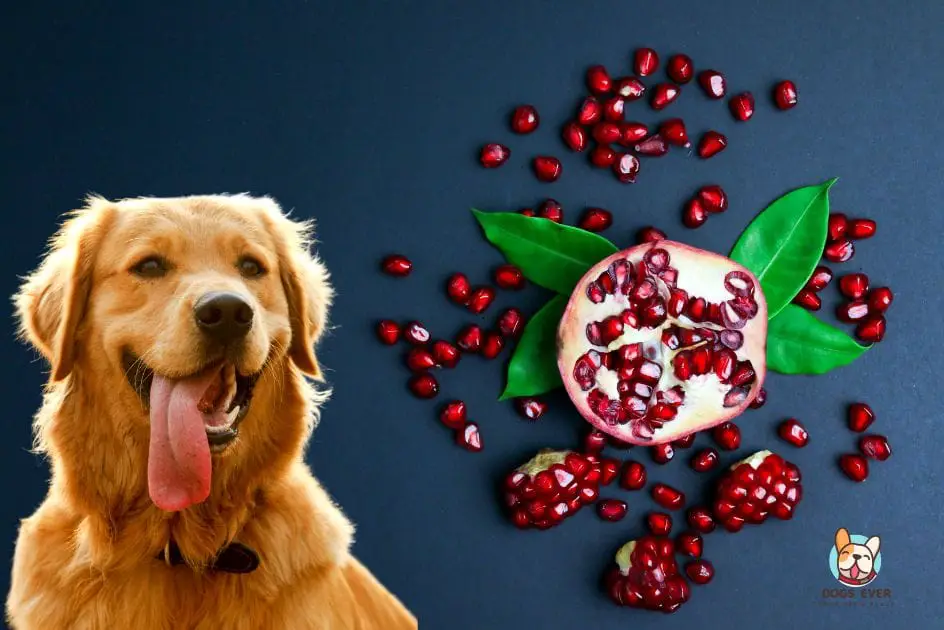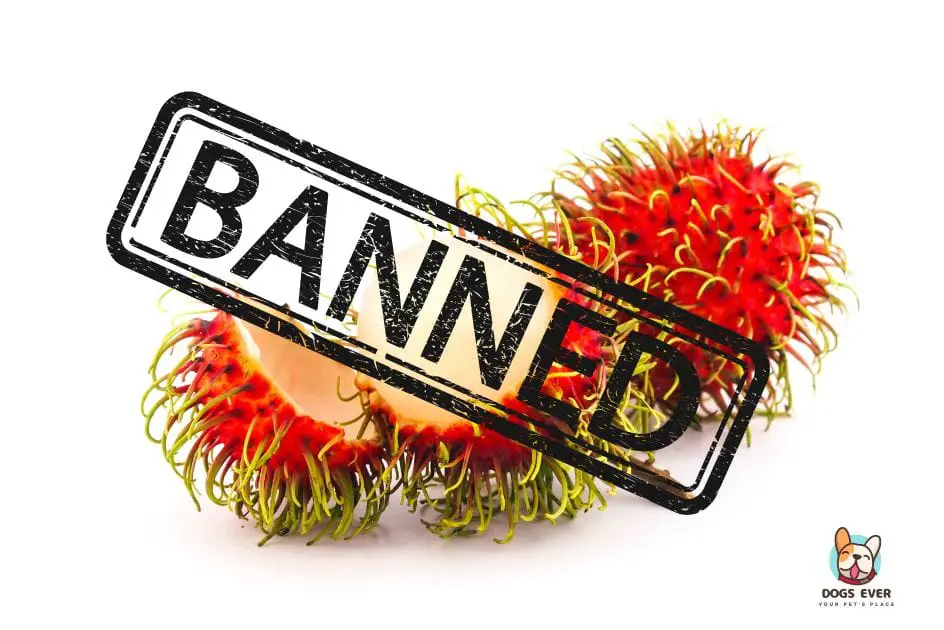· food · 5 min read
Can Dogs Eat Avocado? The Ultimate Guide

Introduction
Hey there, fellow dog lovers! 🐾 If you’re like many pet parents, you might be curious about whether you can share that delicious avocado snack with your furry friend. In this comprehensive guide, we’ll explore the intriguing topic of whether dogs can eat avocado. So, let’s dive in and discover the scoop on avocados and your dog’s diet.
Can Dogs Eat Avocado?
Yes, dogs can technically eat small amounts of ripe avocado flesh. Avocado flesh contains healthy fats, vitamins, and minerals that can benefit your pup. However, there are critical caveats and precautions to keep in mind.
Avocado for dogs: What You Need to Know
Is avocado safe for dogs? Let’s find out
The Toxic Part: Avocado Pit and Skin
The controversy surrounding avocados lies in their pit and skin. Both the pit and skin contain a substance called persin, a toxin that is not safe for your dog. While the amount of persin in the flesh is minimal and typically safe, it’s essential to avoid letting your dog munch on the pit or skin.
All About the Healthy Flesh
While avocados come with risks, they also offer potential health benefits for dogs. The flesh of an avocado is rich in monounsaturated fats, which can contribute to a shiny coat and healthy skin. Additionally, avocados contain essential vitamins such as C, E, and B6, which support overall well-being. If you feed your dog avocado, you can consider the pup covered in all those areas
But here’s the catch - these potential benefits must be carefully weighed against the risks, making it crucial to exercise caution when sharing avocados with your dog.
Safe Ways to Share Avocado with Your Dog
If you’re keen on sharing some avocado with your pup, here are some guidelines to follow:
Choose Ripe Avocado
Opt for ripe avocados with soft, green flesh. Overripe or brown avocados may not be as palatable to your dog.
Remove the Pit and Skin
As mentioned earlier, it’s crucial to remove the pit and skin entirely before offering avocado to your dog. These parts contain the potentially harmful persin.
Keep Portions Small
Serve avocado in small, manageable portions. Too much of any food, including avocado, can lead to digestive upset.
Mash or Dice
To make it easier for your dog to eat, mash or dice the avocado into small pieces. This reduces the risk of choking.
Avocado-Based Dog Treats
Some pet food manufacturers offer avocado-based dog treats that are formulated to be safe for canine consumption. If you prefer this route, be sure to read labels and follow recommended serving sizes.
What If My Dog Eats Avocado?
While small amounts of avocado flesh are generally safe, there are situations when you should avoid it altogether:
Dogs with Sensitivity
Some dogs might have digestive sensitivities or allergies that could be triggered by avocado. Watch for any adverse reactions if you introduce it for the first time.
Choking Hazard
The fruit has a large pit in the center, which can be a significant choking hazard for dogs if they accidentally swallow it. Additionally, the texture and consistency of avocado can cause dogs to struggle with swallowing, leading to potential choking incidents.
Problems With Too Much Healthy Fat
Avocados are high in fat, and while healthy in small portions, large amounts of avocado can cause overweight problems, especially in small breeds such as the Yorkshire Terrier or the French Bull Dog, so keep the portions small and integrate them with the rest of your pup’s meals.
Avoid Guacamole
Guacamole, a popular avocado-based dip, often contains ingredients like onions and garlic, which are toxic to dogs. It’s best to keep guacamole far away from your furry friend.
Did your dog eat the peel or pit?
The peel and pit of avocados contain persin, which can make dogs sick. This substance is harmful to dogs and can cause vomiting and diarrhea. If your dog eats either the peel or pit of this fruit, call your vet and make sure to get your pup checked.
Conclusion
In summary, dogs can eat small amounts of ripe avocado flesh safely, as long as the pit and skin are completely removed. It can be an occasional and nutritious treat, but it should never replace your dog’s regular diet. Always monitor your dog for any adverse reactions when introducing new foods and consult your veterinarian if you have any concerns.
Disclaimer: This article provides general information and should not replace professional veterinary advice. If you have concerns about your dog’s diet or health, consult your veterinarian.
FAQs (Frequently Asked Questions)
Can I feed my dog avocado every day?
No, you should not give your dog an avocado as a daily snack. Instead, make it an occasional treat. Moderation is key to maintaining a balanced diet for your dog. Remember avocado has a high concentration of fat.
What should I do if my dog accidentally eats an avocado pit or skin?
If your dog ingests avocado pit or skin, contact your veterinarian immediately. While small amounts may not be a significant concern, it’s essential to seek professional advice.
Are there other fruits that are safer for dogs to eat than avocados?
Yes, many fruits are safer for dogs, including apples, blueberries, and bananas. These fruits are generally well-tolerated and provide valuable nutrients.
Can avocados cause pancreatitis in dogs?
While avocados are not typically associated with pancreatitis in dogs, it’s essential to monitor your dog’s reactions to any new food. If you suspect digestive issues, consult your veterinarian.
Are there specific dog-friendly avocado products available?
Yes, some pet food manufacturers offer dog treats and supplements that contain safe amounts of avocado. However, always read labels and consult your veterinarian before introducing new products into your dog’s diet.
Why is avocado toxic for dogs?
Avocado peel and pit contain a higher concentration of persin, which is mildly toxic to dogs as it can cause vomiting and diarrhea. This is one of the most important risks of avocado for dogs and you should be on high watch that your furry friend doesn’t pick them up from the trash can for a “dirty snack”.



